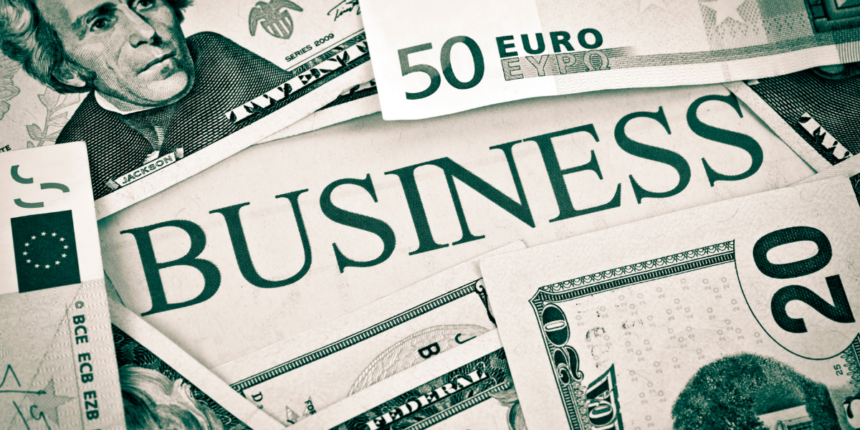Warren Buffett has shared his insights on Berkshire Hathaway (NYSE:BRK.A)’s financial performance, highlighting key earnings trends and investment strategies. Despite a significant portion of Berkshire’s businesses reporting lower earnings, the company benefited from increased investment income. As Treasury Bill yields rose, Berkshire expanded its holdings in these short-term securities. Buffett also addressed the company’s substantial tax payments, underscoring its financial influence on government revenues. His reflections provide a detailed account of Berkshire’s economic positioning and strategic adjustments.
In previous shareholder letters, Buffett has often emphasized Berkshire’s long-term investment philosophy and resilience during economic fluctuations. His latest assessment continues this perspective but acknowledges challenges faced by many of its subsidiaries. Previously, the company’s cash reserves and investment income played a crucial role in mitigating economic uncertainties. This year, higher Treasury yields provided Berkshire with a predictable income boost, reinforcing an investment approach that has remained central to its strategy over time.
How Did Berkshire Hathaway Perform in 2024?
Buffett noted that more than half of Berkshire Hathaway’s 189 businesses experienced declining earnings, though the company overall performed better than he had initially anticipated. The earnings downturn in these subsidiaries indicates varying economic pressures across industries. At the same time, Berkshire’s financial results were supported by a substantial increase in investment income, influenced by its decision to expand holdings in high-liquidity Treasury Bills.
What Role Did Treasury Yields and Taxes Play?
Higher Treasury yields contributed to Berkshire’s improved investment gains, reinforcing the company’s reliance on such securities in its portfolio. Buffett highlighted this predictable income growth as a stabilizing factor for the firm’s financial standing. In addition, he pointed out the significant tax payments made by Berkshire to the U.S. government. These tax contributions reflect the scale of the company’s operations and its role in national fiscal revenues.
Buffett’s remarks underline the dual impact of rising interest rates and tax obligations on Berkshire’s financial outcomes. While increasing yields provided a financial cushion, the scale of tax payments illustrates the firm’s substantial economic presence. His statement emphasized both the advantages and responsibilities that come with Berkshire’s financial position.
“Berkshire did better than I expected, though 53% of our 189 operating businesses reported a decline in earnings. We were aided by a predictable large gain in investment income as Treasury Bill yields improved and we substantially increased our holdings of these highly-liquid short-term securities…”
Berkshire Hathaway’s approach to investment continues to focus on stable, income-generating assets such as Treasury Bills, reflecting its preference for financial security in uncertain market conditions. The company’s willingness to expand holdings in these assets highlights a strategic move to offset potential declines in subsidiary earnings. Meanwhile, its large tax contributions serve as a reminder of its extensive economic footprint. Investors and analysts will likely continue watching Buffett’s decisions, especially in an evolving economic landscape where interest rates and corporate tax policies play crucial roles.










